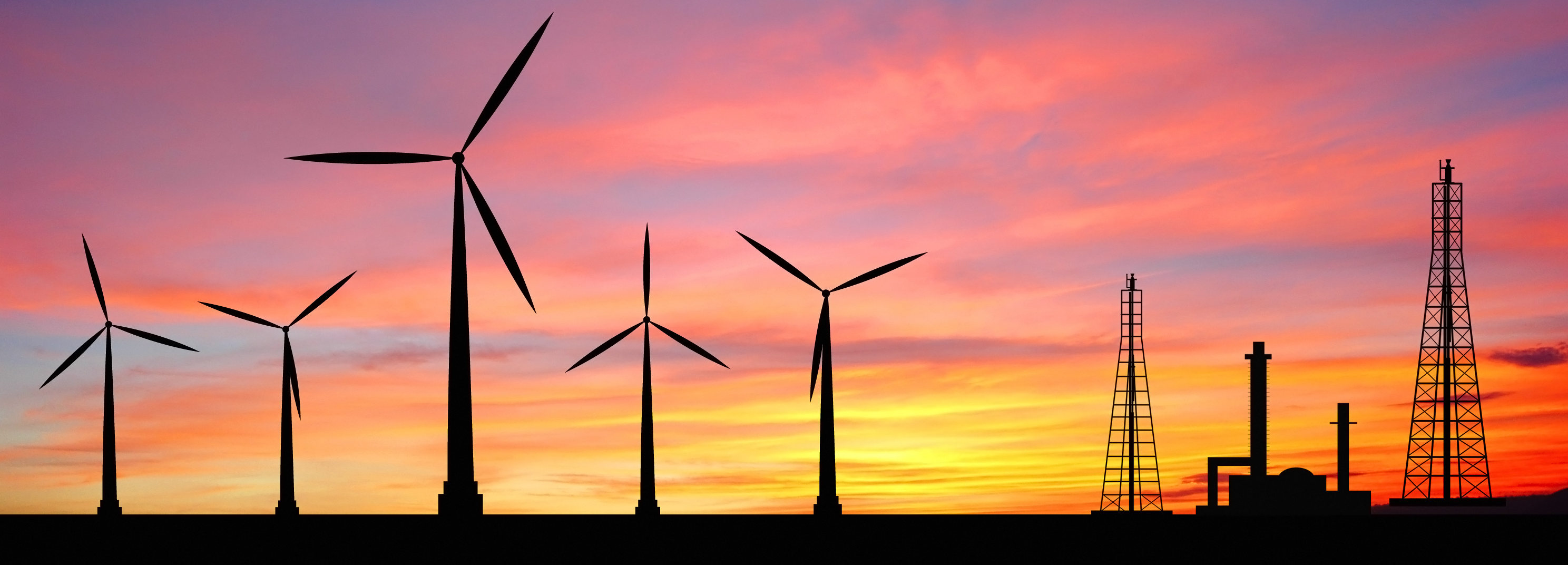In today’s talking points: Coal hit as China’s energy transition gathers pace; BYD’s first launch into the energy storage market in Australia; CLP Holdings sees strong profits from the Australian power market; SA power: Jay Weatherill wants boost in natural gas electricity generation.
Coal hit as China’s energy transition gathers pace
At the end of February, China’s National Bureau of Statistics released its 2016 Statistical Communiqué on Economic and Social Development. This is one of the key documents of the year regarding energy and climate change. From an Australian perspective, coal is of course the resource to watch, China is the world’s largest import market. The 2016 figures revealed coal is the biggest loser in China’s energy transition. For the third year running, production and consumption has dropped, confirming that China is now well past its 2013 peak, while the utilization rate for coal-fired generators declined to 47.5%. Since China produces half the world’s coal, it’s important to pay more attention to these numbers. There is large decline of coal consumption, and the consumption cut equates to more than Australia’s entire lignite and thermal coal industry’s annual output combined. There’s no doubt that China’s short-term energy policy support resulted in a chaotic seaborne market for coal in 2016, but as thermal coal continues to lose market share, the declining trend for exporters such as Australia is unmistakable. The story for renewable energy in China is one of growth. It’s clear the transformation in China’s energy sector is continuing apace.
Read more at Renew Economy
BYD’s first launch into the energy storage market in Australia
Chinese solar and energy storage giant BYD (Build Your Dreams) launched line of residential and commercial battery systems at Sydney’s Museum of Contemporary Art in Australia. For Shenzhen based BYD – this is their first venture into the Australian market for energy storage and this market is expected to see tremendous growth. Prior to this, BYD was involved in the production of electricity vehicles. For consumers, this may provide another way to store excess solar energy, and cope with rising prices for electricity and power cuts. Incidents of blackouts are becoming increasingly frequent, particularly in South Australia which experienced a number of blackouts over the September 2016 to January 2017 period. BYD’s global sales director Julie Chen is confident in the B-Box Battery Energy Storage System due to its chemistry, safety, modular, scalable nature. Both low and high voltage models will be available for residential and commercial use. The company aims to target 25% of energy storage market.
Read more at Eco Business
CLP Holdings see strong profits from the Australian power market
CLP – one of Asia’s largest electric power companies– posted that earnings were high and strong profits were mainly attributed to a boom in Australian business while markets were slower in China and India. In Australia, profits surged 121% to HK$1.85 billion due to lower borrowing costs, gains made on energy derivatives and the decreasing value of the Australian dollar. Weaker performance in China may be due to decline in economic activity, decreasing the demand for energy as well as tariff reduction from coal fired plants along with other factors. While poorer performance in India was also seen in profits falling 23.4% to HK$469 million. The regional power company reported overall profit increase of 7.1% to 12.3 billion Hong kong dollars compared to the previous year.
Read more at Nikkei Asian Review
SA power: Jay Weatherill wants boost in natural gas electricity generation
Premier Jay Weatherill has flagged a plan which could force more gas into South Australia’s energy generation market to put downward pressure on power costs and improve reliability. But others pointed out that the plan would force out cheap coal and leave the state with worse power supply problems. When temperatures rise in South Australia, the wholesale cost of power also increases due to higher demand, but operating a gas-fired plant in the state has financial risk. Natural gas can be a costly fuel and for much of the year its price is undercut by subsidized renewable energy and cheap Victorian coal, which makes gas a fuel of last resort in the energy market. Premier Jay Weatherill wants a national price on carbon, to make coal relatively expensive and gas relatively cheaper, which he said would benefit energy customers. But the Federal Government has ruled out such a scheme and the South Australian Opposition Liberals said it would be an expensive folly, given the closure of Victoria’s Hazelwood coal operations this month is expected to drive-up costs.
Read more at ABC

